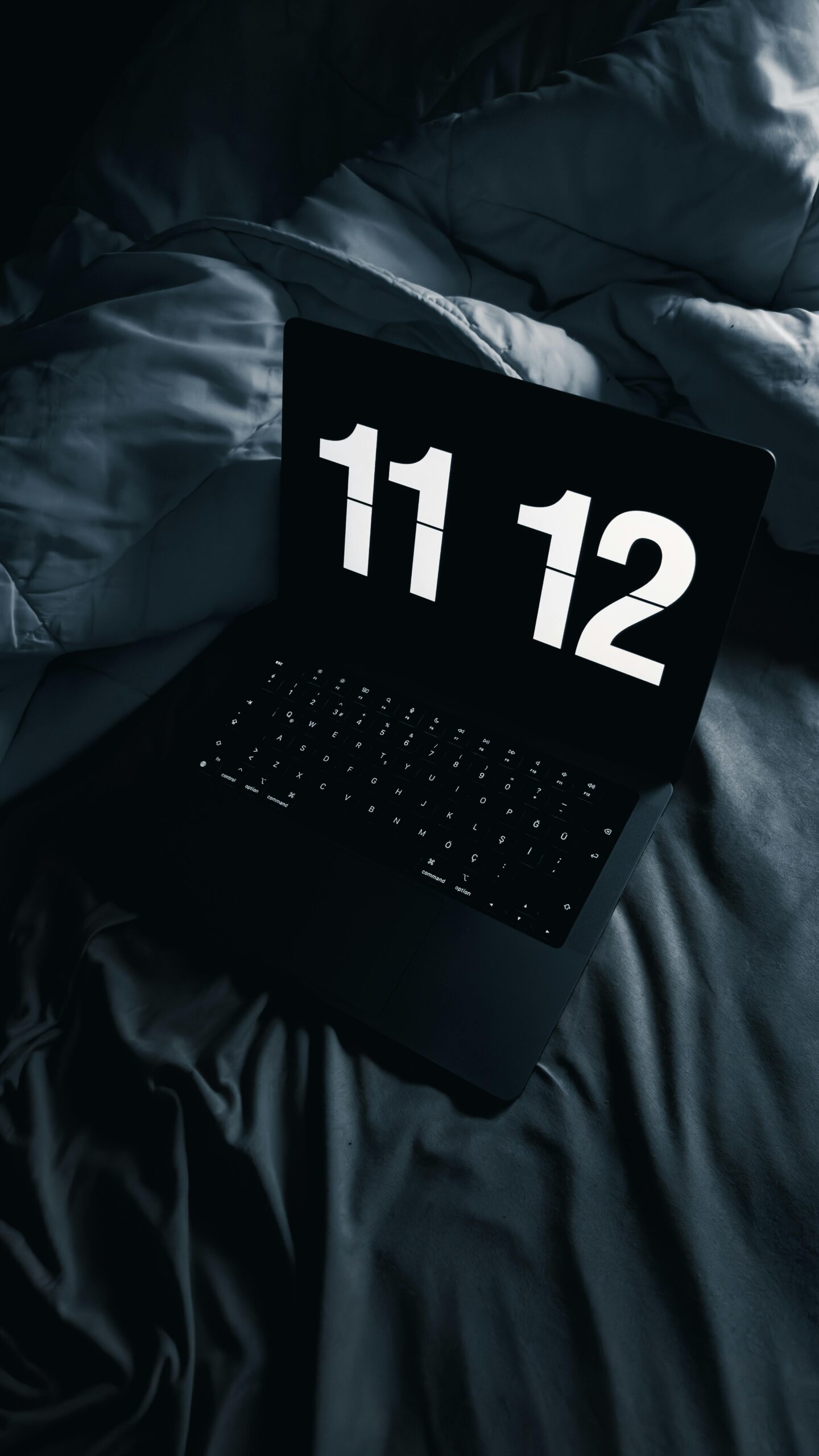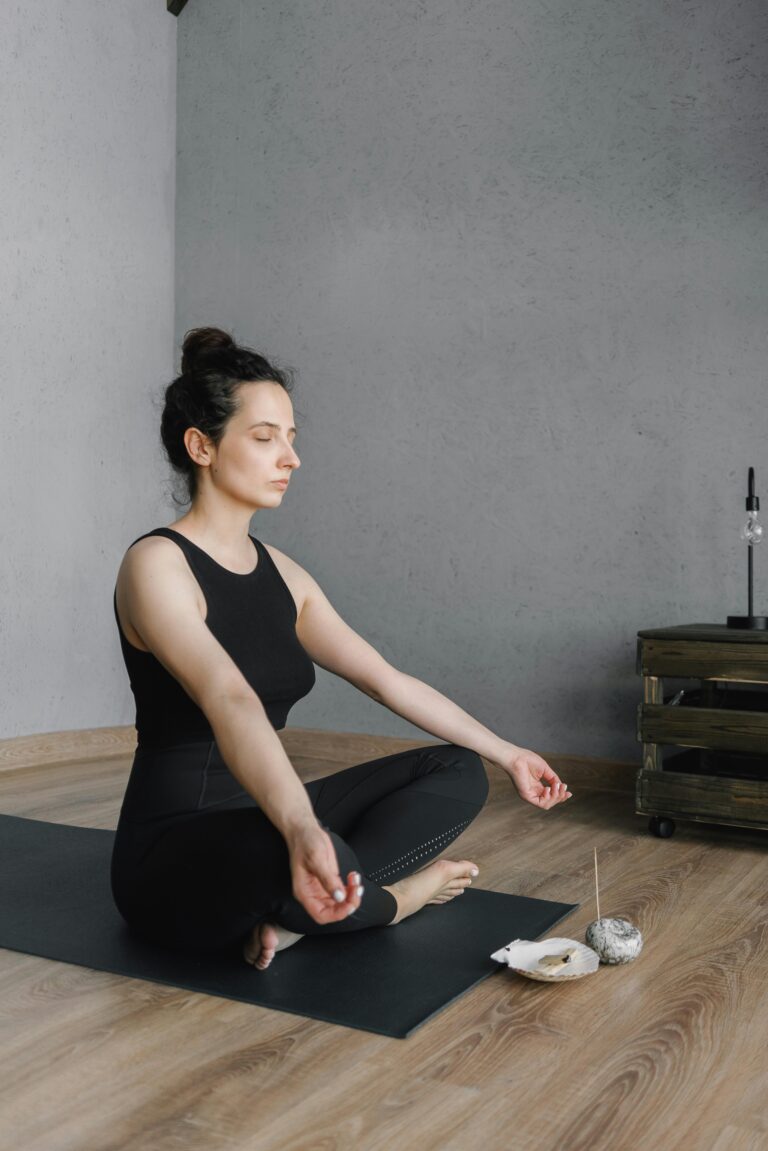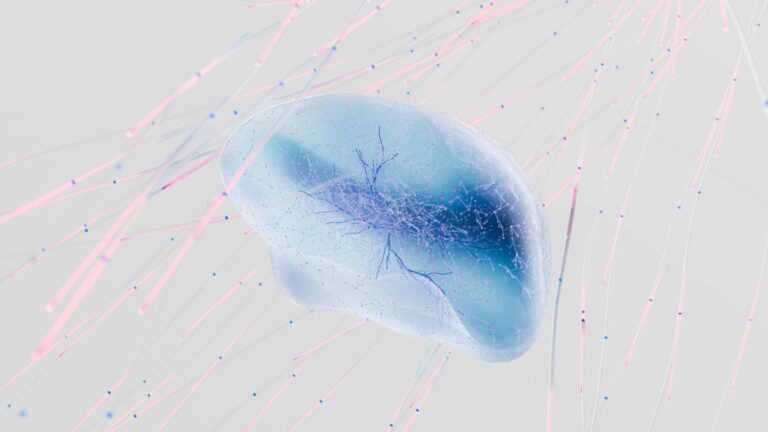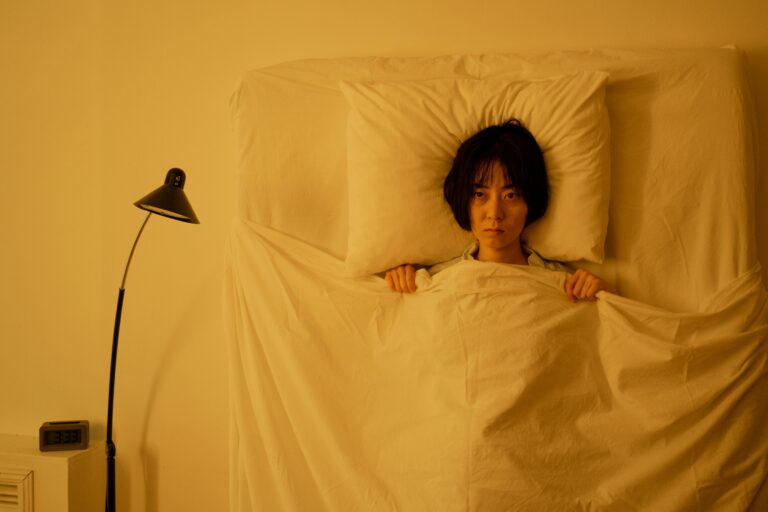How Screen Time Before Bed Affects Melatonin Production and Sleep Quality
We’ve all been there: lying in bed, scrolling through Instagram, checking emails, or binge-watching just one more episode of that series that’s “totally not a guilty pleasure.” But have you ever stopped to think about how all that screen time before bed might be impacting your sleep? Spoiler alert: it’s not doing you any favors. Let’s dive into the science behind screen time, melatonin production, and how it all ties into your beauty sleep—because yes, you deserve to wake up refreshed and ready to conquer the day.
The Role of Melatonin
Melatonin is often referred to as the “sleep hormone.” Produced by the pineal gland in your brain, this little powerhouse helps regulate your sleep-wake cycle. When the sun sets and darkness takes over, your body naturally ramps up melatonin production, signaling to you that it’s time to wind down. Think of melatonin as your internal sleep coach, gently nudging you towards restfulness.
How Screens Interfere with Melatonin
Now, here’s where things get tricky. When you expose yourself to the blue light emitted by screens—be it your smartphone, tablet, or TV—you’re essentially telling your brain that it’s still daytime. This blue light inhibits melatonin production, making it harder for you to feel sleepy. It’s like throwing a disco party in your brain when all it wants is peace and quiet. No wonder you’re wide-eyed and bushy-tailed at 2 a.m.!
The Science Behind It
Studies have shown that blue light can significantly suppress melatonin levels. According to research published in the journal Endocrine Reviews, even two hours of screen time before bed can delay melatonin secretion by about three hours. This means that instead of drifting off into dreamland, you might find yourself wrestling with your thoughts or mindlessly scrolling through TikTok.
- Blue Light Exposure: The short wavelengths emitted by screens are particularly good at disrupting your circadian rhythm.
- Delayed Sleep Onset: Less melatonin means you may struggle to fall asleep on time.
- Poor Sleep Quality: Even if you manage to catch some Z’s, that sleep might not be as restorative as it should be.
Strategies for Better Sleep Hygiene
So, what can you do to reclaim your sleep? Here are some expert-approved strategies that might just save your slumber:
- Set a Screen Curfew: Aim to put down the screens at least an hour before bed. This gives your body time to ramp up melatonin production.
- Use Blue Light Filters: Many devices now come with built-in blue light filters or “night modes.” Turn these on during evening hours to reduce blue light exposure.
- Establish a Nighttime Routine: Trade screen time for calming activities like reading, meditating, or even journaling. Your future self will thank you.
- Limit Stimulants: Avoid caffeine and heavy meals in the hours leading up to bedtime. Trust us, your sleep will be much sweeter without a side of indigestion.
Real-Life Examples
Let’s take Sarah, for example. A self-proclaimed night owl, she loved to catch up on her favorite shows right before bed. The consequences? She often felt sluggish and grumpy the next morning. After reading about the effects of screen time on melatonin, she decided to experiment. No screens for an hour before bed. Instead, she took up knitting (yes, knitting!). Within a week, Sarah found that she was falling asleep faster and waking up feeling like a brand-new person. Who knew that her secret weapon against insomnia was a cute little scarf?
Then there’s Mike, who thought he could multitask by responding to work emails while half-heartedly watching TV. Spoiler alert: he wasn’t actually multitasking; he was just sacrificing his sleep for the sake of productivity. After realizing that he was constantly tired, Mike committed to shutting down his work devices by 8 PM. Surprisingly, he found that his focus during the day improved, and he was less tempted to nap at his desk. Win-win!
The Bottom Line
While screens are an integral part of our modern lives, understanding their impact on melatonin production and sleep quality is crucial. By adopting healthier habits around screen time, you can significantly enhance your sleep experience. After all, who wouldn’t want to wake up feeling like a superhero after a good night’s sleep? So, put down the phone, dim the lights, and embrace the restful nights you deserve. Happy sleeping!



